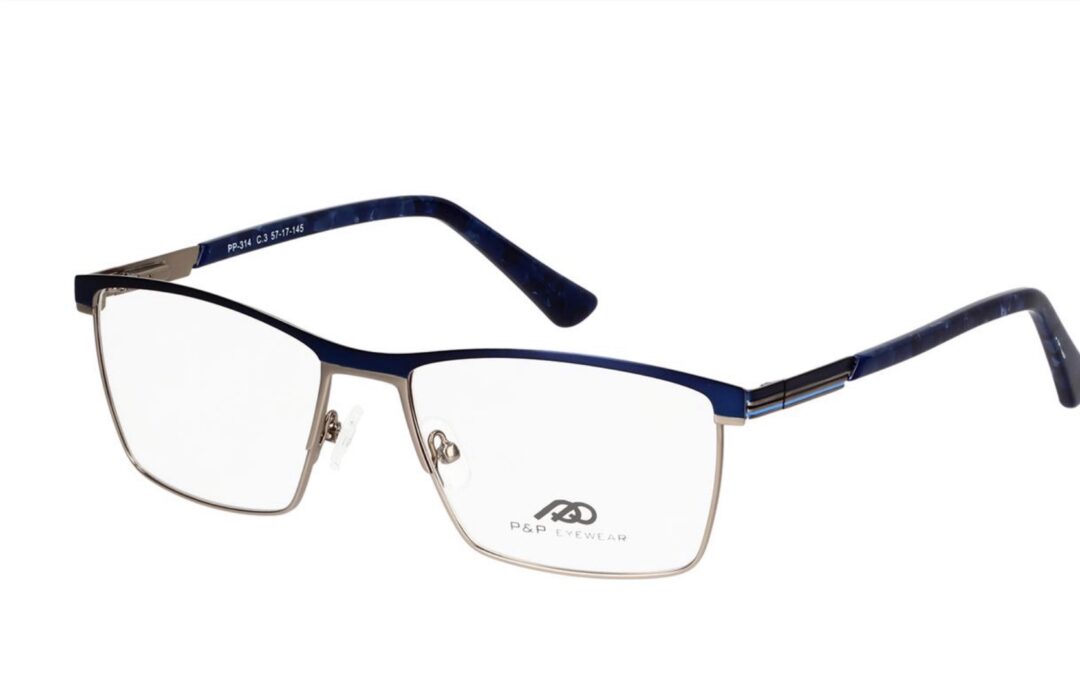It’s that time of year again and you want some new glasses, but you hate choosing them. You are not alone; it can be exciting and daunting at the same time. Will everyone else approve of your new fashion accessory? Will they suit all the needs you have both optically and for your lifestyle?
What are the main frame materials we regularly come across when looking for new glasses and do they actually matter?
In plastic frames the main material is cellulose acetate, though there is an increase in lightweight plastic SPX & TR90. In metal frames the materials can vary between nickel alloys in most metal frames to stainless steel and titanium.
Some individuals always have that personal preference such as those who hate those “little nose pad things”. For others that wall of frames or endless swiping of pages to find “the one” is just a daunting prospect. What are the basic differences between the materials, is it just personal preference or should it be given a little more consideration?
What is there to Consider?
Comfort to the wearer, fit & adjustability, weight, and hypoallergenic properties are just a few of the top concerns when the choice of frame goes wrong.
If comfort is an issue and it was because you hated the “little nose pad things” that are found on metal frames, consider switching to a plastic design where there are no nose pads. Were the nose pads made of hard acetate that annoyed as they marked the nose? Perhaps changing an old set to silicone nose pads, which are softer may resolve issue and keep the full spectrum of frames materials available to you.
Another reason comfort can be a problem is when weight is an issue. This can be when sinus issues result in sensitivity to pressure on the bridge of the nose or just as we age and the tissue area around the bridge is more sensitive to pressure. Lighter weight materials such as titanium in metal frame styles and TR90 or SPX in plastic frame styles.
Fit & adjustability will be available in all frames, but those annoying little pads actually provide extra adjustability to metal frames and as mentioned can be fitted with silicone nose pads.
Allergies can be of course in all materials but in frames the biggest problem is found in metal alloy frames. Reactions can vary but it’s never a pretty sight and definitely best avoided if you are aware of any nickel allergy at all. Most pure titanium frames will allow for the metal frame look without nickel and of course plastic frame materials will give you all the colours of the rainbow without the allergy.
Plastic frame material can also be used to hide a thick lens that would overhang a thin metal rim and a metal frame with a supra cord or even a titanium mount with just lenses can achieve the minimalistic look of practically no glasses on at all.
Frame materials do matter to give the optimum comfort, fit, and partner to your prescription. If it is that time for your prescription change, maybe ‘think out loud’ about what is the best frame material for you.

